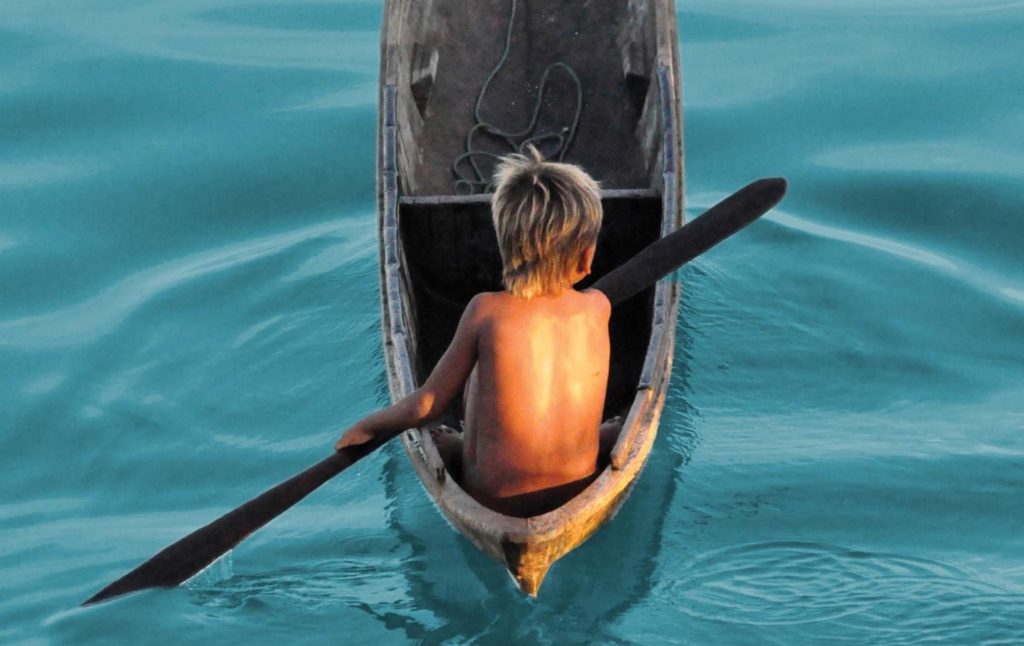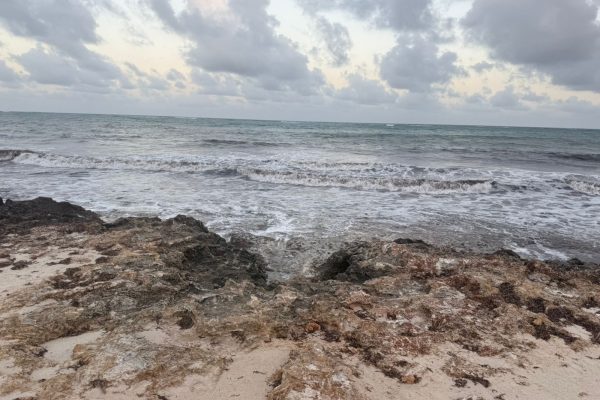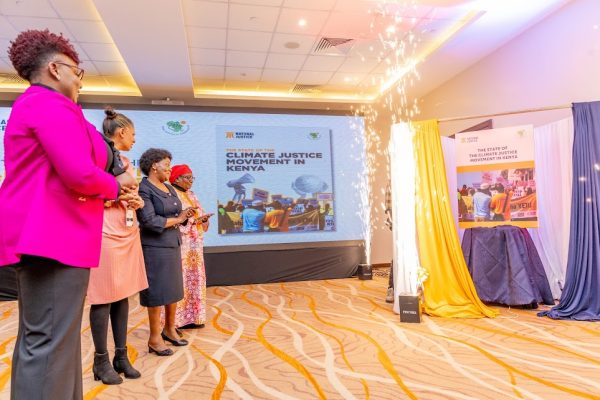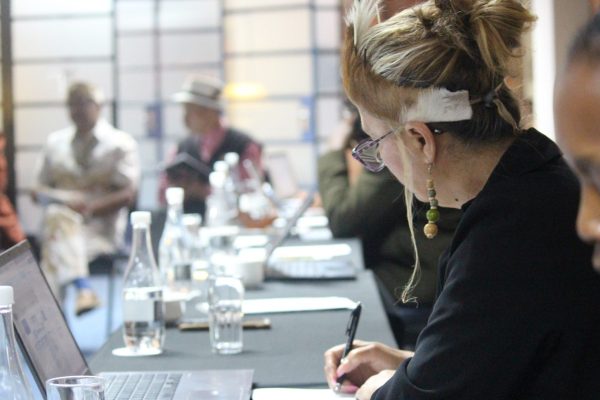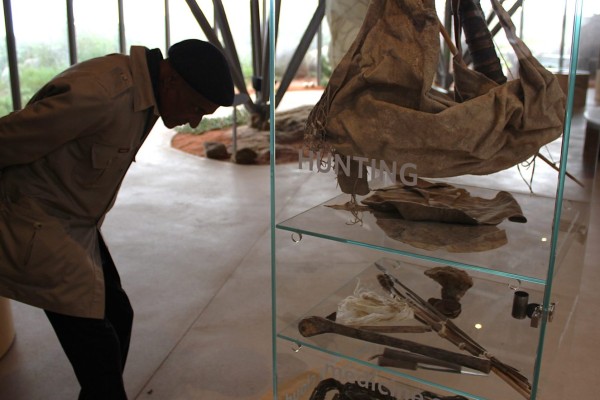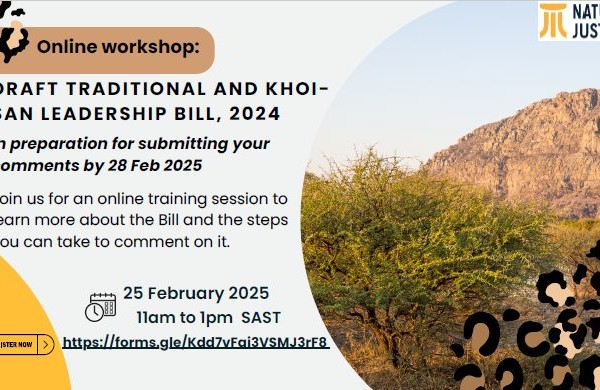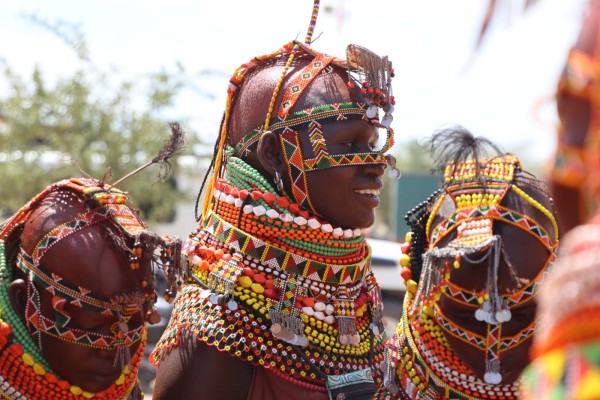Natural Justice is pleased to launch the third edition of the Living Convention on the 2020 International Day of the World’s Indigenous Peoples. The Living Convention was developed by Harry Jonas and Marie Joyce Godio.
The Living Convention has emerged from Natural Justice’s work with Indigenous peoples, local communities, peasants and their organizations. It is a response to an important and often-asked question, namely: “What are our rights at the international level?” For reasons more fully discussed below, this question does not have a straightforward answer. The inaccessibility of international law amounts to a procedural injustice, denying Indigenous peoples, local communities and peasants absolute clarity about their rights and responsibilities, as well as those of other actors, under international law. The Living Convention is designed to democratize international law, and in doing so, better enable Indigenous peoples, local communities and peasants to assert and affirm their international rights and local responsibilities.
The Living Convention is an easy-to-use resource on the full spectrum of international law relating – broadly put – to the links between humans and non-human nature. The Living Convention has particular significance during this time of climate and planetary crisis. With increased levels of natural disasters, limited access to clean drinking water, sea level rise, droughts, conflicts and climate-induced migration, the rights of Indigenous peoples, local communities and peasants are under increasing threat. The Living Convention provides a strong foundation to ensure people are in a stronger position to understand the law, shape the law and use the law.
Since the second edition (2013), we have fully updated the Compendium to include important advancements in international law, including:
- UN Declaration on the Rights of Peasants and Other People Working in Rural Areas,
- Rutzolijirisaxik Voluntary Guidelines for the repatriation of traditional knowledge relevant for the conservation and sustainable use of biological diversity, under the UN Convention on Biological Diversity, and
- Mo’otz Kuxtal Voluntary Guidelines relating to the free, prior and informed consent of Indigenous peoples and local communities relating to knowledge, innovations and practicing, also under the UN Convention on Biological Diversity.
- The Paris Agreement, under the UN Framework Convention on Climate Change.
In particular, we would like to pay tribute to the Indigenous peoples, local communities, peasants and supporting organisations with whom Natural Justice is working. Our partnerships have spurred us to think about how international law can be made more accessible and, therefore, more useful to the stewards of biological and cultural diversity. We are also grateful to the many practitioners who have given their time to discuss these issues with us. Just as your ideas have helped us in our work, we hope this publication is useful in yours.

